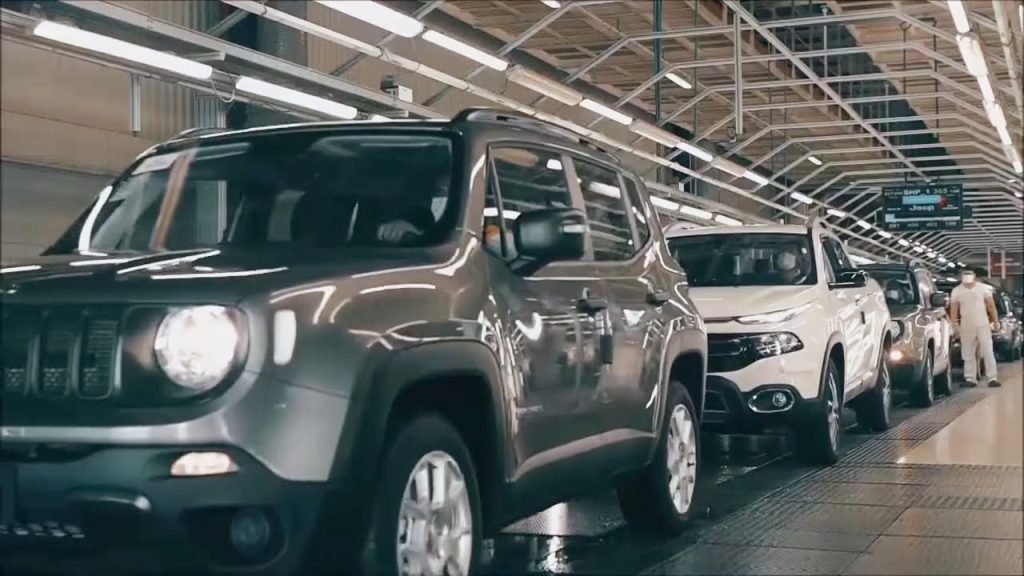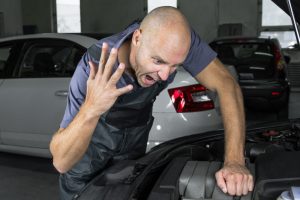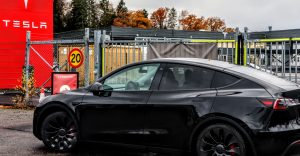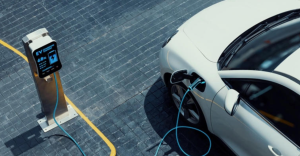They equipped certain models with devices designed to bypass emissions controls.
Others are reading now
Car manufacturers worldwide face increasing pressure to meet strict emissions standards.
California, known for its tough environmental regulations, has once again penalized a major automaker for failing to comply.
Stellantis, one of the largest car producers globally, is now in the spotlight for using illegal emissions devices in its vehicles, continuing a troubling pattern of violations, according to Boosted.
Device Bypass Emissions Controls
The California Air Resources Board (CARB) fined Stellantis $4.2 million for equipping certain Ram models with devices designed to bypass emissions controls.
Also read
The affected vehicles include Ram ProMaster, Ram 1500, 2500, and 3500 models with 3.0-liter diesel engines manufactured between 2014 and 2016.
These violations resulted in nearly 55 tons of excess nitrogen oxide emissions being released into the air.
As part of the settlement, Stellantis must not only pay the fine but also recall and modify the vehicles to meet California’s strict emissions standards.
Over $2 million of the penalty will go to California’s Air Pollution Control Fund, supporting clean air initiatives.
The remaining $2.1 million will fund a program encouraging cargo ships to slow down in zones with high whale activity, a measure also aimed at reducing ozone pollution.
This is not the first time Stellantis has been penalized for emissions violations.
In 2019, the company paid $305 million in fines after similar devices were found in Ram 1500 and Jeep Grand Cherokee models.
More than 100,000 vehicles were recalled in that case, costing Stellantis around $800 million in total.
In 2022, the automaker was fined $5.6 million for selling gasoline-powered vehicles in California that failed to meet emissions standards.
The latest scandal underscores the ongoing challenges automakers face as they transition to cleaner technologies. Regulators stress that adhering to emissions laws is essential for public health and environmental sustainability.
With Stellantis repeatedly caught flouting regulations, questions remain about how automakers will adapt to stricter oversight.
For California, the focus remains on holding manufacturers accountable and safeguarding its air quality for future generations.








